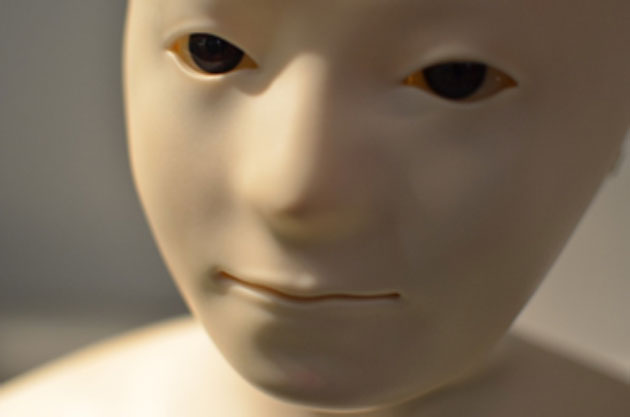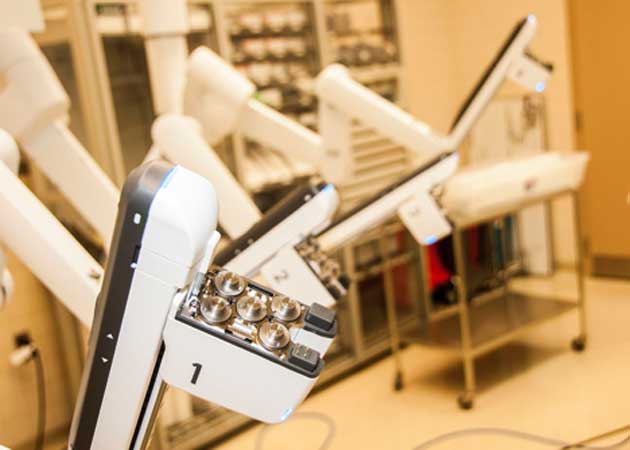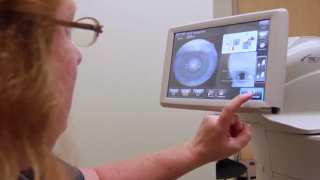Technology has advanced far and wide over the years, and artificial intelligence (AI) is no longer a tale that is yet to be unfolded. For example, operating the internet is proof that AI has come so far as to gratify most of our needs. By looking at the rate at which technological advancements are gaining the attention of the masses, it is safe to say that the future of AI is rather very bright.
Here are some ways in which this technology could affect everyday life in the years to come:
Automated Transportation
The transportation sector has certainly had the intervention of technology. However, the breakneck speed, which AI is taking, may soon allow for a lot of automated transportation.
Presently, there are such means of commute - for example, self-driving cars. Even though technology may not allow for these cars to operate without a driver, the driver has, in fact, very little to do, as compared to in traditional car models.
Robot Friends
The thing with artificial intelligence is that it is made to be as human-like as possible. This means that given enough time to breed, the realization of robots as "friends" will soon be executed.


Roboticists around the world are attempting to develop humanoid robots. (Source: Pixabay)
Today, most of the robots that have been created are still emotionless and hard to relate to. Ideally, AI technology will allow robots to be programmed to read human emotions and develop their own feelings.
AI for Big Data
A lot of the operations in business set-ups involve hardcore number crunching. If technology can be considered useful at all, then it is expected that artificial intelligence will assist in tackling big data for such businesses.
People may no longer have to sit through sessions of sorting out all their MySQL transaction logs when a robot can quickly get it done, and probably much better than a human would. The reason is that as artificial intelligence strives so hard to reach human-like capacities, there are some features that may make robots better than humans.
One of the most significant applications of AI has been in blockchain, which has shown potential in solving a lot of big data problems. Storage and backing up of data will be a thing of the past if AI continues at the pace at which it is right now.
Swift Communication
Ever thought of a world with limitless communication? Well, AI has already introduced us to that space. A lot of the businesses today are involved with automation on a daily basis, without even knowing it. Email marketing, for example, allows for the delivery of messages to customers automatically. Companies get to save a lot of resources with such marketing campaigns.
On another note, real-time communication is now very possible and instantaneous at that. With the click of a button, you can converse with anyone in the world in real-time. Such technology, including chatbots and social media platforms, has become useful in the business world, making customer relations easier.
Better Medical Care
The greatest input that artificial intelligence could have in medical care will be in assisting with some of the medical tasks, like surgery, screening services, along with transplant and grafting processes. AI technology is likely to come in strongly with regard to creating substitute solutions that mimic body parts of humans to play a similar role.


One of the first robotic systems, da Vinci® Xi, developed to perform minimally-invasive surgical procedures. (Source: Marcy Sanchez/Wikimedia Commons)
While that may be a bit far-fetched for the moment, today, medical centers are already enjoying artificial intelligence in a different way - chatbots and mobiles apps have speeded up liaising and communication between medical experts, making the processes better and faster than before.
Improved Productivity in the Workplace
With AI, a lot of processes in a company will become simpler than they are right now. Firms today are capitalizing on machine learning automation in talent acquisition and employee recruitment. This renders organizations with a lot of insights on the candidates they hire, after thorough scrutiny. The human resource departments use automation processes like scheduling interviews with candidates and tracking down potential employees.
Other than this, there is a chance of higher productivity from humans when their work is made easier. Technically, robots can help solve heavy-duty tasks in the workplace, leaving employees with a manageable workload to handle. Issues like organization, data storage, record keeping, financial analysis, and IT (self-configurable software and hardware) will not be so much of a bother with automation software to handle them.
Top Image: Over the years, AI has made its way into the many, already-established industries. (Source: Pixabay)
References
https://hackernoon.com/what-to-expect-with-the-future-of-ai-technology-782aec311a54?gi=5bb7eb3baaca
https://readwrite.com/2019/03/27/future-of-artificial-intelligence-for-2020/







No comment